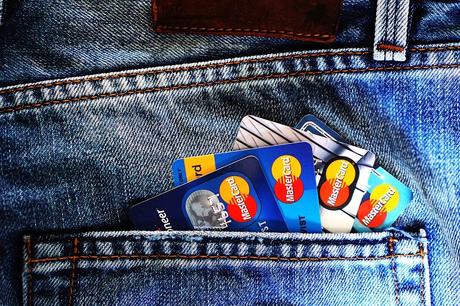The sudden decision by the Government to ban the existing Rs. 500 and Rs. 1000 notes in the country from November 8, targeted at tackling corruption and the widespread black money problem, left everyone in jitters last night.
Though online transaction facilities have developed overtime, many people still do not have the access or do not practice these for their everyday needs. However, the current ban is a clear indication that a cashless economy is not a far-fetched sight. It is thus very important to understand the basics of digital transactions and try to go more digital on an individual level.
We help you to understand the ways in which you can effectively make payments and avail goods and services on required time and save the hassles that come with the current major note ban.
One seldom makes purchases of everyday items like grocery, recharging the phone online or the metro card on debit cards. But, this is an effective way to fulfil the requirements and also save the valid cash that we still have in our hands. Every bank account offers 3 types of cards to its account holders.

While the use of the debit card is more common, there are also prepaid cards available that are issued by both banks and non-banks. These are generally available against a particular value and can be easily used for transactions at swipe machines like in your grocery store.
You can have your own open wallet that will be issued by your bank. This wallet needs to be recharged from time to time through net banking. This kind of wallet can be used anywhere like at swipe machines, in an ATM for cash withdrawal while also for business transactions.
There are also closed E-wallet options available to make purchases from the issuer of the wallet. For eg. If you use Amazon website frequently to make purchases therein, you can create your own e-wallet there and make the purchasing process easier.
Funds of any amount can easily be transferred from one bank account to another electronically now. The facility to be used will depend on the amount of sum to be transferred.

There are 3 types of fund transfer facilities that are available in every bank.
- National Electronic Funds Transfer (NEFT)
- Real-Time Gross Settlement (RTGS)
- Immediate Payment System (IMPS)
NEFT can be easily used for everyday transactions..So, if you wish to pay your rent, you can transfer money from your account to your landlord's through NEFT fund transfer. The transfer is done in the banks' working hours in hourly batches.
RTGS can be easily used for major amount transactions. This is because the minimum that needs to be transferred through RTGS is Rs. 2 Lakh.
IMPS has an upper limit of Rs. 2 Lakh. But, it is available in the bank' non-working hours also and the payment is made immediately. This is better to be used in emergency situations.
The Unified Payment Interference system has recently been introduced and adapted by many banks. This system allows its users to create a virtual ID through their smart phones, giving details about their bank account and phone number. For this, you need to download a UPI App on your android and start with the process. This facility will help your to transfer funds immediately as it is run on IMPS platform.
In case you need to make the payment using the facility, you will have to check whether the receiver has this virtual account. If yes, you can fill in her details on the App and make direct payment. If not, you can make payment through NEFT fund transfer also.
So, everyone... Be prepared to go cashless using the simple online payment transaction facilities. Try to use it for common everyday purchases first so that you have a better practical experience of how each system works. Try to avail facilities of online Metro card recharge and Phone recharge to save whatever valid currency you have with you.
Also Check -
